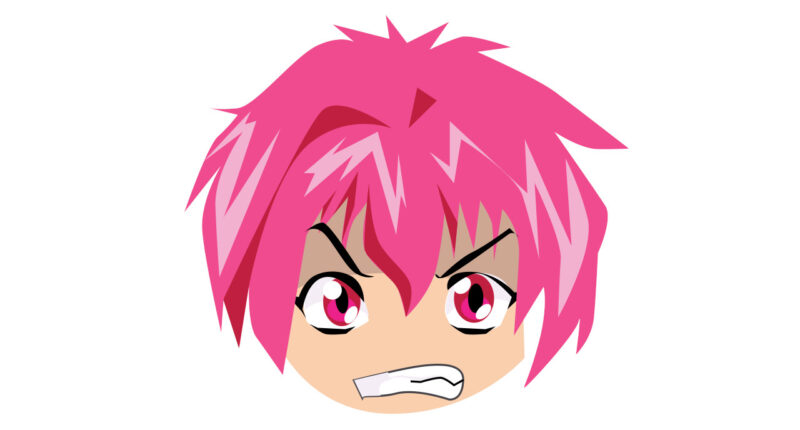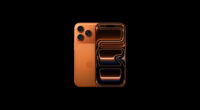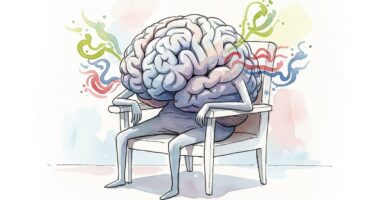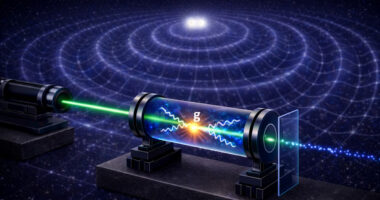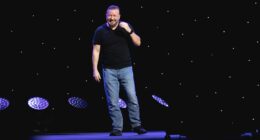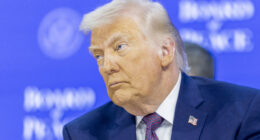The Japanese government has formally requested OpenAI to refrain from copyright infringement following widespread use of its Sora 2 video generation tool to create content featuring copyrighted anime and video game characters, according to ITMedia, as reported by IGN.
The request, made by the Cabinet Office’s Intellectual Property Strategy Headquarters, comes after Sora 2’s 1 October launch enabled users to generate 20-second videos at 1080p resolution containing likenesses of characters from One Piece, Demon Slayer, Pokémon and Mario franchises.
Speaking at the Cabinet Office press conference on Friday, Minoru Kiuchi, minister of state for IP and AI strategy, informed attendees about the government’s request calling on the American organisation to refrain from infringing on Japanese intellectual property. Kiuchi described manga and anime as “irreplaceable treasures” that Japan boasts to the world, reports IGN.
Digital Minister Masaaki Taira expressed hopes that OpenAI will take voluntary action to comply with the request, indicating that measures under Japan’s AI Promotion Act may be invoked if the issue remains unresolved.
Japan’s AI Promotion Act, fully enforced from 1 September 2025, aims to make Japan the most AI-friendly country by driving policies promoting development and utilisation of AI for socio-economic growth. However, it also establishes principles for dealing with problematic AI use, including copyright infringement.
Article 16 of the act covers research and investigation, stating the government may “analyse cases in which citizens’ rights or interests have been infringed upon through research, development, or utilisation of AI-related technology conducted for improper purposes or by inappropriate methods, and consider countermeasures based on those analyses.” The Future of Privacy Forum noted the act does not specify clear penalties for AI misuse but instead calls on business operators to cooperate with measures.
Akihisa Shiozaki, a member of Japan’s ruling LDP party with a seat in the country’s parliament, wrote extensively about Sora 2’s legal implications on his official X account. “The release of Sora 2 has once again highlighted the issue of AI and copyright,” he stated.
Shiozaki insisted the challenge presents an opportunity. “Japan bears a responsibility to take the lead on making rules (related to AI and copyright infringement), precisely because we are a country that has captivated the world with the creative power of anime, games, and music,” he wrote.
Reuters reported on 29 September that OpenAI had contacted studios and talent agencies a week before Sora 2’s launch, giving them the option to opt out. Whether major Japanese creative companies and studios were contacted remains unclear, but Sora 2’s ability to generate videos containing Japanese character likenesses has triggered significant backlash on Japanese-speaking social media. Criticism has been levelled not only at OpenAI but also at the Japanese government and Japanese IP holders for perceived failure to respond swiftly enough to AI-posed infringement dangers.
In his 4 October blog post on Sora 2, OpenAI chief executive Sam Altman said changes would be made to the video generation application. “First, we will give rightsholders more granular control over generation of characters, similar to the opt-in model for likeness but with additional controls,” Altman confirmed, adding OpenAI will give rightsholders “the ability to specify how their characters can be used (including not at all).”
He acknowledged there might be “some edge cases” of character depiction slipping through but that this would be ironed out in time. Altman made specific reference to Japan, saying: “in particular, we’d like to acknowledge the remarkable creative output of Japan — we are struck by how deep the connection between users and Japanese content is!”
At the time of writing, OpenAI had not issued a formal response regarding the Japanese government’s latest request.
Earlier this month, Nintendo issued an official statement seemingly responding to comments from Satoshi Asano, a member of Japan’s House of Representatives. In a deleted social media post he subsequently apologised for, Asano accused Nintendo of “avoiding using generative AI to protect its IP” and “engaging in lobbying activities with the government” over increased use of generative AI in the gaming industry.
Nintendo denied the allegations, warning it would take “necessary actions against infringement of our intellectual property rights.”
“Contrary to recent discussions on the internet, Nintendo has not had any contact with the Japanese government about generative AI,” Nintendo stated. “Whether generative AI is involved or not, we will continue to take necessary actions against infringement of our intellectual property rights.”
Disney and Universal have sued AI image creator Midjourney, alleging the company improperly used and distributed AI-generated characters from their films. Disney also sent a cease and desist letter to Character.AI, warning the startup to stop using its copyrighted characters without authorisation.
“A lot of the videos that people are going to generate of these cartoon characters are going to infringe copyright,” Mark Lemley, a professor at Stanford Law School, told CNBC. “OpenAI is opening itself up to quite a lot of copyright lawsuits by doing this,” reports IGN.
Last month, The Pokémon Company formally responded to the use of Pokémon TV hero Ash Ketchum and the series’ theme tune by the Department of Homeland Security as part of a video showing people being arrested and handcuffed by law enforcement agents. “Our company was not involved in the creation or distribution of this content,” a spokesperson told IGN, adding that “permission was not granted for the use of our intellectual property.”
